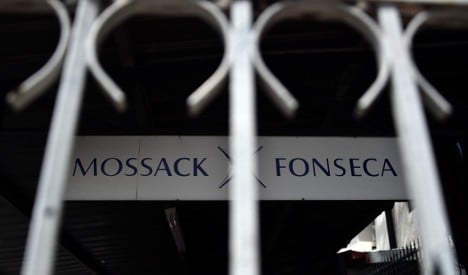Mossack Fonseca said in a statement from its Panama headquarters that it had lodged complaints in several jurisdictions against people believed to be “involved in the theft of information that occurred in our company”.
That referred to the leak last year of a massive number of documents covering nearly four decades of business by the law firm, which specializes in setting up and managing offshore companies.
Reports based on the purloined documents resulted in the “Panama Papers”: revelations of how many leaders, politicians, celebrities and a few criminals around the world used entities started by Mossack Fonseca to stash assets.
Though offshore companies are not in themselves illegal, they can be used to engage in illegal activities such as tax evasion or money laundering.
Mossack Fonseca said in its statement it was “fully confident” that authorities in the various countries would “see through the corresponding (legal) processes in a transparent and effective manner”.
On Wednesday, Swiss authorities announced that an information technology employee for the law firm working in its Geneva office had been placed in provisional detention on suspicion of stealing confidential documents.
The spokesman for the Geneva's prosecutor's office, Henri Della Casa, told AFP that “a criminal case has been opened… following a complaint by Mossack Fonseca”.
He declined to comment on whether an arrest had been made.
News of the detention was first given by the Swiss newspaper Le Temps, which said it had no information on whether the arrested individual was the so-called “John Doe” who has claimed credit for the unprecedented “Panama Papers” leak.
Mossack Fonseca said in April that the leak was the result of a hack that came from foreign servers.



 Please whitelist us to continue reading.
Please whitelist us to continue reading.